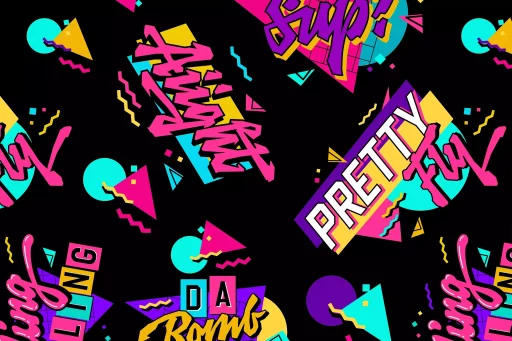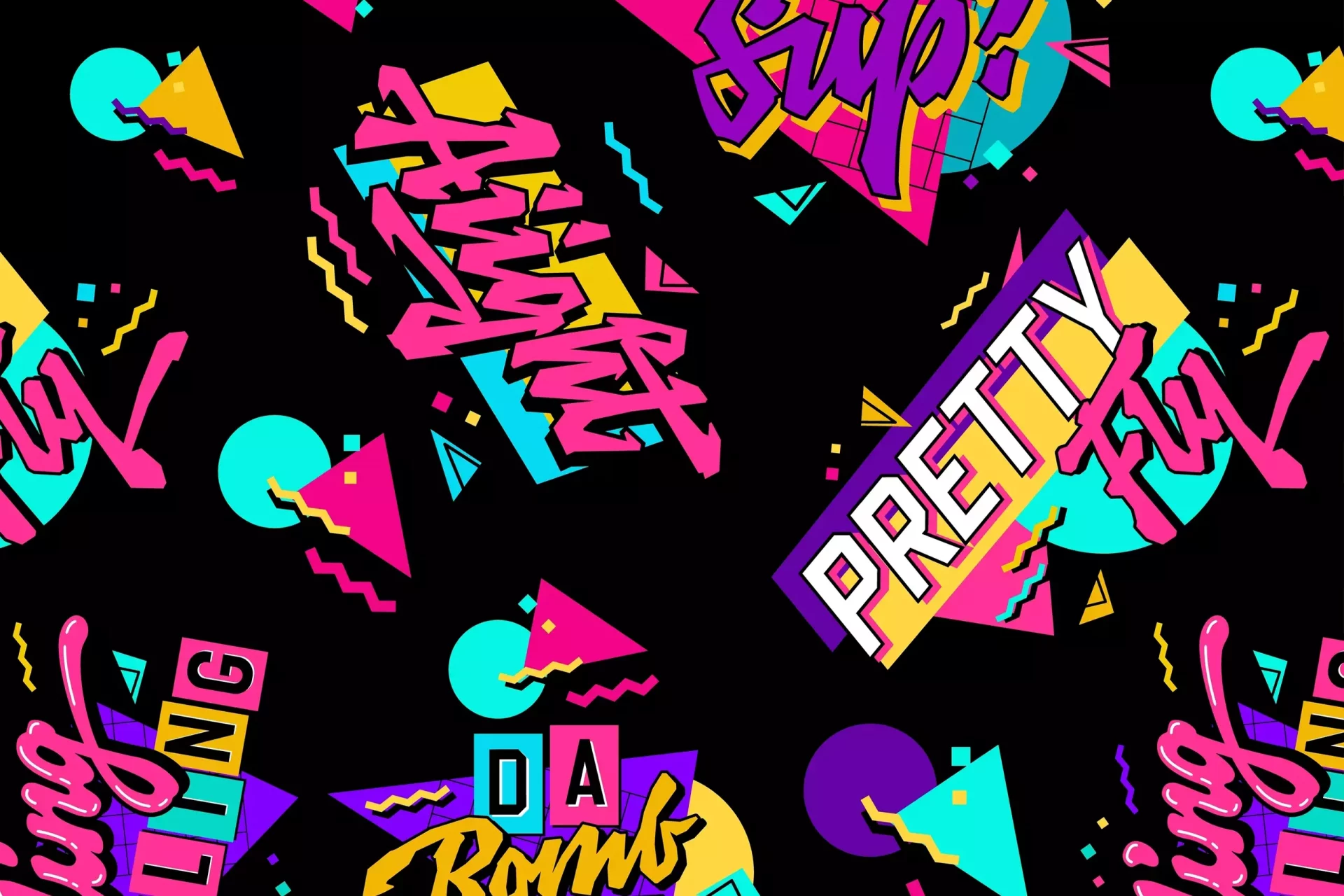Introduction to Poaching in Slang
In the digital age, language evolves at an astonishing pace, and slang terms often crop up, capturing cultural nuances and popular trends. One such term is “poach.” While traditionally related to illegal hunting or cooking, its slang meaning has evolved significantly, especially in online and youth culture.
The Slang Meaning of Poach
In contemporary slang, the term “poach” primarily refers to the act of taking someone’s idea, job, or partner—essentially, stealing something valuable from another person. This usage can span across various contexts, including workplace dynamics, relationships, and creative fields.
Contexts of Usage
The term “poach” can be applied in different scenarios:
- Workplace Poaching: This occurs when one company attracts talent from another, often referred to as “talent poaching.”
- Poaching Relationships: Taking a romantic interest away from someone else. This is commonly used to describe situations where someone “steals” another’s significant other.
- Creative Poaching: Borrowing or copying ideas or content from another creator or artist without crediting them.
Examples in Pop Culture
The concept of poaching is not limited to the corporate world or romantic entanglements. Its portrayal is evident in television shows, films, and social media. For example:
- Television: In many reality TV shows, contestants may “poach” strategies or alliances, showcasing a tactical approach to winning.
- Social Media: Users often share memes or content that “poach” ideas from popular trends, leading to viral challenges.
Case Studies: Poaching in the Business World
A significant example of poaching can be found in the tech industry, where companies frequently try to attract each other’s top employees. For instance:
- Case Study 1: Google and Apple – Tech giants like Google have been accused of poaching employees from competitors like Apple to leverage their expertise in software development.
- Case Study 2: Startups and Large Corporations – Startups often lure employees from bigger companies by offering more creative freedom and equity in their business.
These poaching incidents often result in legal disputes, indicating the competitive nature of the job market in the technology sector.
The Psychology Behind Poaching
The idea of poaching speaks volumes about human relationships and competition. At its core, it reflects the intrinsic desire to possess what others have—a trait deeply rooted in human psychology. **Experiments have shown** that when individuals perceive something as scarce or valuable, they are more likely to desire it, leading to attempts to “poach” it from others.
Statistics on Poaching in the Employment Sector
According to a recent survey conducted by the Society for Human Resource Management (SHRM):
- Over 60% of companies reported difficulties in retaining employees, leading to a significant rise in poaching practices.
- Approximately 30% of employers admitted to actively recruiting talent from direct competitors, demonstrating a trend towards organized poaching tactics.
Ethical Considerations in Poaching
While poaching can be seen as a strategic move in business and personal affairs, it raises various ethical questions. Should individuals and companies prioritize securing talent at the expense of loyalty? Is it fair to disrupt existing relationships or ecosystems for personal gain?
The debate continues as many argue that ethical poaching—where individuals recruit openly and honestly—should be encouraged, while others criticize tactics that exploit vulnerabilities in relationships or trust.
Conclusion
The slang term “poach” encapsulates more than just a casual act of stealing; it reflects a complex interplay of human behavior influenced by competition, desire, and ethics. Whether in the workplace, romantic entanglements, or creative fields, understanding its implications can lead to a deeper comprehension of the dynamics that drive our interactions.


